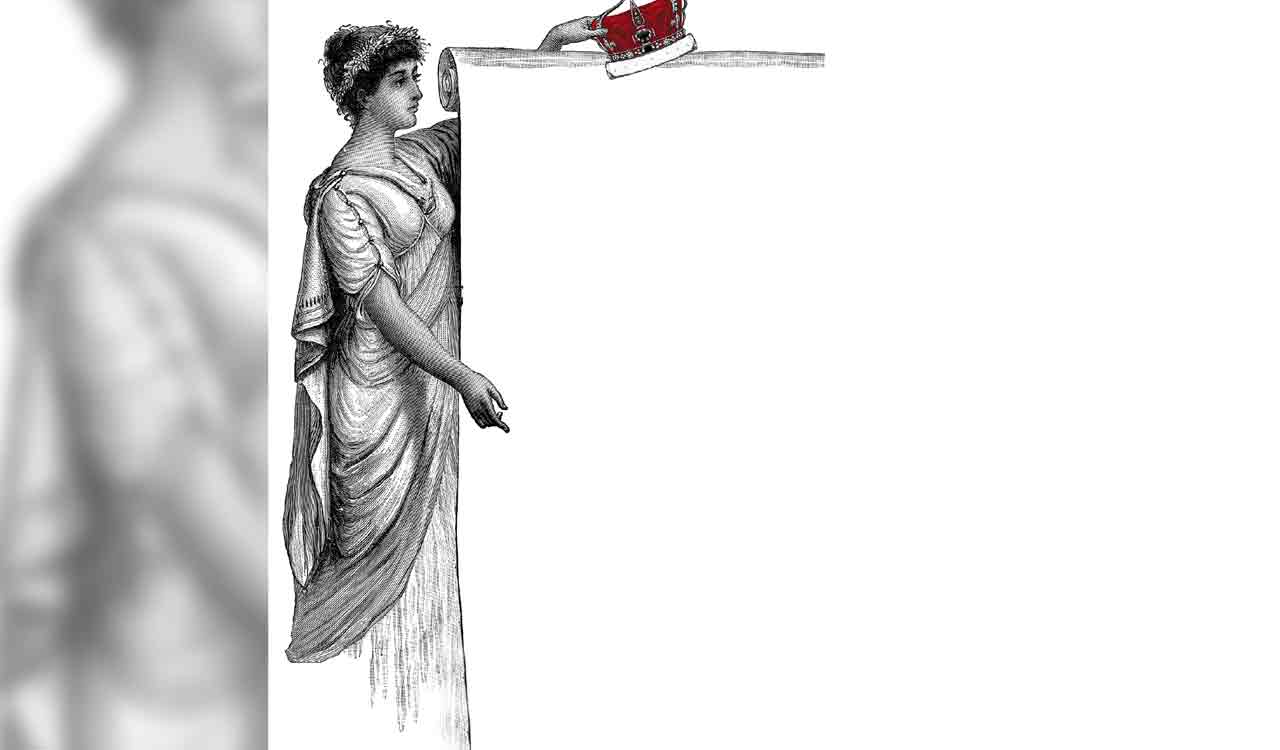The Bahá’í teachings advocate for a world united in diversity, a vision poignantly echoed by Dr. Martin Luther King Jr. in his quest for social justice and racial equality. The concept of “foreignness” often manifests in societal marginalization, creating barriers that inhibit genuine connection and understanding among individuals of different backgrounds. This article explores the intersection of Bahá’í principles and Dr. King’s indelible influence, particularly focusing on the dismantling of foreignness through the lens of human rights, unity, and collective action.
To begin with, the Bahá’í Faith emphasizes the oneness of humanity, which serves as a bedrock for understanding the pervasive nature of foreignness. When individuals identify each other as fundamentally different—whether due to ethnicity, nationality, or cultural practices—they inherently cultivate division. In contrast, Bahá’í teachings assert the equality of all people. As such, the gradual eradication of foreignness aligns with King’s multifaceted approach to civil rights, highlighting a shared dignity that transcends superficial differences.
Firstly, the Bahá’í principle of unity in diversity stands in stark contrast to the sociopolitical landscapes often characterized by isolation and antagonism. This principle illustrates that while individuals possess distinct cultures, perspectives, and experiences, these differences are not only acceptable but enriching. Dr. King’s advocacy for civil rights echoed this notion; he championed inclusivity, positing that a collective society could only thrive when it embraced a myriad of identities. He famously stated, “Injustice anywhere is a threat to justice everywhere,” a powerful testament to the interconnectedness of human existence. By recognizing our shared humanity, one can confront the various forms that foreignness takes—be it cultural detachment or racial estrangement.
Moreover, the pursuit of social justice necessitates an understanding of the systemic structures that perpetuate foreignness. The Bahá’í teachings elucidate the importance of eliminating prejudice, which serves as a principal impediment to unity. King’s methodology in addressing racial inequity exemplifies the practical application of this principle; he actively worked to dismantle racial segregation and foster a sense of belonging among marginalized communities. By advocating for equitable access to resources and opportunities, both Bahá’í tenets and King’s ethos encourage individuals to advocate for brotherhood across their immediate circles and society at large.
Additionally, King’s concept of “beloved community” resonates deeply within the framework of Bahá’í teachings. This idea envisions a society where justice prevails and love abounds—a community in which everyone actively participates in uplifting one another. The Bahá’í Faith holds that true peace can only be achieved when individuals work in harmony to cultivate an environment informed by compassion and understanding. King and Bahá’í principles converge on this notion, suggesting that to eradicate foreignness, one must cultivate an atmosphere where empathy is paramount. This communal ethos directs a movement transcending geographical and ideological divides, fostering synergies to counteract divisive forces.
Moreover, education serves as a transformative vehicle for dismantling the barriers created by foreignness. The Bahá’í teachings emphasize the significance of universal education as a means to empower individuals with knowledge, fostering respect for diverse cultures. King’s understanding of education’s role in social change is encapsulated in his belief that knowledge is a pathway to liberation—liberation not only from ignorance but also from the chains of prejudice and discrimination. An educated populace is less likely to succumb to xenophobia, instead embracing the richness of cultural plurality. The merger of these viewpoints lays the groundwork for a society that cherishes inclusivity.
Furthermore, collective action resonates in both the Bahá’í Faith and King’s philosophy. The Bahá’í teachings advocate for collaborative efforts in promoting social change, urging adherents to engage actively in their communities. Similarly, King mobilized masses to combat injustice through nonviolent protest and activism, illustrating how coordinated efforts can dismantle systemic racism and foreignness. By implementing grassroots movements, both frameworks reveal that transformative change is achievable through unified endeavors, prompting individuals to appreciate the essence of solidarity in combating social wrongs.
In the quest to transcend foreignness, the role of spirituality cannot be overlooked. The Bahá’í approach emphasizes the importance of spiritual development as a crucial component of individual and societal progress. This spiritual foundation cultivates qualities such as compassion, forgiveness, and humility—traits essential for fostering meaningful relationships. King’s deeply held convictions were also rooted in spirituality; he drew upon his Christian beliefs to guide his actions and inspire change. This alignment suggests that spirituality, when combined with practical activism, creates a powerful synergy that propels movements toward equality and mutual understanding.
In conclusion, the convergence of Bahá’í teachings and Dr. King’s activism presents a robust framework for addressing the foreignness that pervades contemporary society. By emphasizing unity, inclusivity, and the importance of education, both perspectives reveal pathways to dismantle division and cultivate a more harmonious world. The eradication of foreignness, as both the Bahá’í Faith and King advocate, is a collective journey—a shared responsibility requiring active participation, empathy, and an unwavering commitment to justice. In bearing witness to our common humanity, individuals can transcend the divisions that seek to separate us, working instead towards a world that celebrates the beauty of diversity in a unified tapestry of existence.
